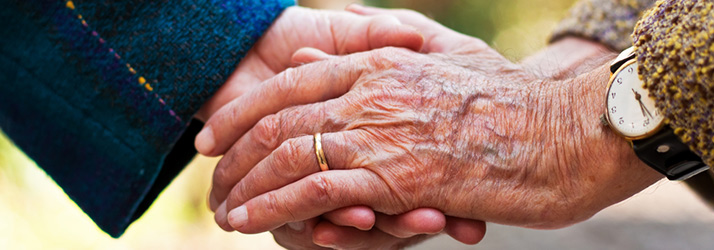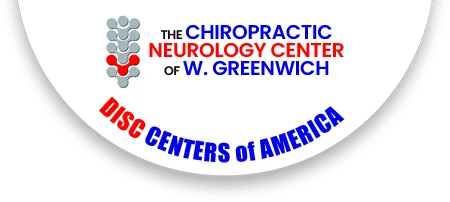Parkinson’s Disease in West Greenwich

What is Parkinson’s Disease?
Parkinson’s disease in West Greenwich is a chronic, progressive disease in which the body doesn’t make enough dopamine. Dopamine is a neurotransmitter, or “messenger,” that is responsible for normal body movements. The loss of brain cells that produce dopamine leads to motor issues, such as tremor, slowed movements and loss of balance and coordination.
In the early stages of Parkinson's disease, your face may show little or no expression. Your arms may not swing when you walk. Your speech may become soft or slurred. Parkinson's disease symptoms worsen as your condition progresses over time.
Symptoms of Parkinson’s Disease in West Greenwich
Parkinson's disease can be different for everyone. Early signs may be mild and go unnoticed. Symptoms often begin on one side of your body and usually remain worse on that side, even after symptoms begin to affect both sides. Symptoms may include
- A tremor, or shaking, usually begins in a limb, often your hand or fingers. You may rub your thumb and forefinger back and forth, known as a pill-rolling tremor. Your hand may tremble when it's at rest.
- Parkinson's disease may slow your movement, making simple tasks difficult and time-consuming. Your steps may become shorter when you walk. It may be difficult to get out of a chair. You may drag your feet as you try to walk.
- Muscle stiffness in any part of your body. The stiff muscles can be painful and limit your range of motion.
- Your posture may become stooped
- You may have balance problems.
- Decreased ability to perform unconscious movements, including blinking, smiling or swinging your arms when you walk.
- Speech will change, you may speak softly, quickly, slur or hesitate before talking. Your speech may be more of a monotone rather than have the usual inflections.
- Your writing will change, it may become hard to write, and your writing may appear small.
What Causes Parkinson's Disease?
The cause of Parkinson's disease is still unknown, but there are several factors that appear to playing a role, such as:
- Environmental - Exposure to certain toxins or environmental factors may increase the risk of later Parkinson's disease, but the risk is relatively small.
- Gene - Researchers have identified specific genetic mutations that can cause Parkinson's disease, but these are uncommon except in rare cases with many family members affected by Parkinson's disease.
Who is at Risk for Parkinson's Disease?
- Having a close relative with Parkinson's disease increases the chances that you'll develop the disease. However, your risks are still small unless you have many relatives in your family with Parkinson's disease.
- People usually develop the disease around age 60 or older. It ordinarily begins in middle or late life, and the risk increases with age. Young adults rarely experience Parkinson's disease.
- Men are more likely to develop Parkinson's disease than women.
- Exposure to toxins may slightly increase your risk of Parkinson's disease.
Neurofeedback Therapy
Science has proven that Neurofeedback improves brain function in the motor cortex areas and symptoms will improve as the brain begins to perform better. When the brain is using a better neurological pattern, the flow of the information from the brain to the body through the spinal nerves is improved and the symptoms can be reduced. Our Qeeg brain map can identify these patterns and improve the way your brain is functioning. When Neurofeedback therapy is used to speed up processing in the motor areas of the brain, your movement becomes easier. When your brain is performing better so do you and symptoms will be reduced. Contact the professionals at Chiropractic Neurology Center, and address the underlying brain wave pattern associated with your symptoms.
Neurofeedback
OFFICE HOURS
Monday
8:30am - 12:00pm
2:00pm - 6:00pm
Tuesday
2:00pm - 6:00pm
Wednesday
8:30am - 12:00pm
2:00pm - 6:00pm
Thursday
2:00pm - 6:00pm
Friday
8:30am - 12:00pm
2:00pm - 6:00pm
Saturday
Closed
16 Nooseneck Hill Road Suite A
West Greenwich, RI 02817
Phone: (401) 397-9948
Fax: (401) 397-6218


